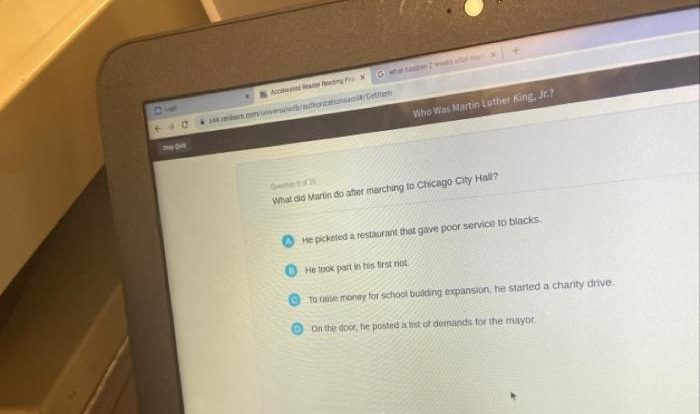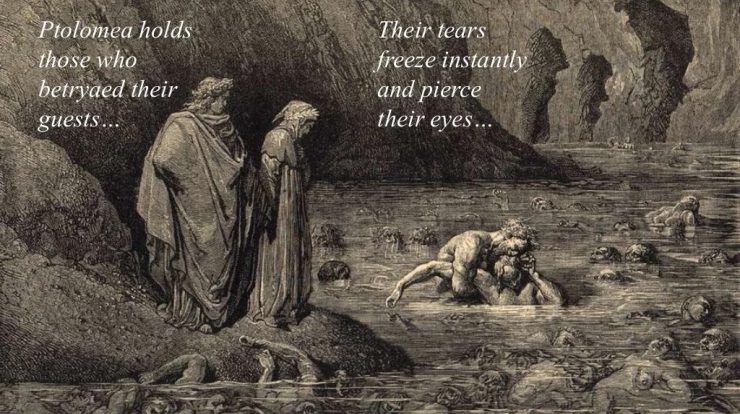What awaits a tragic hero? This captivating narrative delves into the depths of this archetypal character, exploring their defining traits, their journey, and the profound impact their downfall has on audiences. From ancient myths to modern masterpieces, tragic heroes have captivated our imaginations, offering insights into the complexities of human nature and the enduring power of storytelling.
Tragic heroes are complex and flawed individuals, driven by ambition, passion, and a fatal flaw that ultimately leads to their downfall. Their journey is marked by a series of reversals of fortune, moments of recognition, and a profound emotional impact that resonates with audiences.
Defining a Tragic Hero
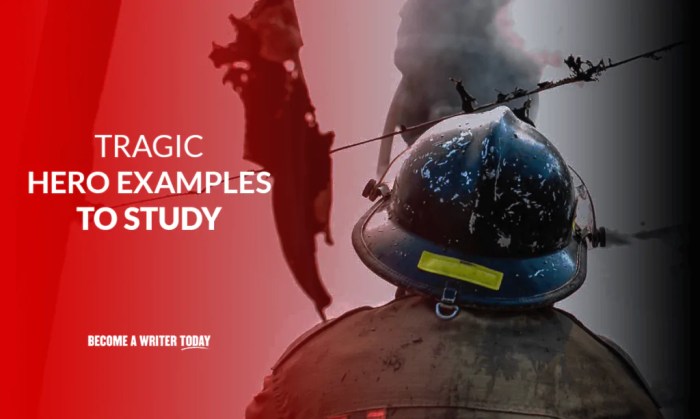
A tragic hero is a protagonist who possesses noble qualities and merits the audience’s sympathy, but whose flaws ultimately lead to their downfall. These flaws often stem from hubris, or excessive pride, and a tragic flaw that blinds them to the consequences of their actions.
What awaits a tragic hero is a life of suffering and pain, as they are destined to fail and meet a tragic end. As the saying goes, “my life is my foe’s debt” ( my life is my foe’s debt ), implying that a tragic hero’s life is a payment for the wrongs committed by their enemies.
They may achieve temporary glory or success, but their downfall is inevitable, leading to a tragic and often premature demise.
Characteristics of a Tragic Hero
- Nobility:Tragic heroes are often of high social status or possess admirable qualities that make them relatable to the audience.
- Tragic Flaw:A fatal flaw, such as hubris or a blind spot, leads to the hero’s downfall.
- Catharsis:The hero’s suffering and downfall evoke pity and fear in the audience, leading to a sense of catharsis or emotional release.
Hubris and Fate
Hubris, or excessive pride, is often a key factor in the downfall of tragic heroes. They may overestimate their abilities or defy the gods, leading to their punishment. Fate also plays a role, as the hero’s tragic flaw often aligns with their destiny or the consequences of their actions.
Examples of Tragic Heroes
- Oedipus Rex (Sophocles):A king who unknowingly kills his father and marries his mother, fulfilling a prophecy.
- Hamlet (William Shakespeare):A prince whose indecisiveness and introspection lead to his downfall.
- Achilles (Greek mythology):A nearly invincible warrior whose hubris leads to his death by an arrow to the heel.
The Journey of a Tragic Hero
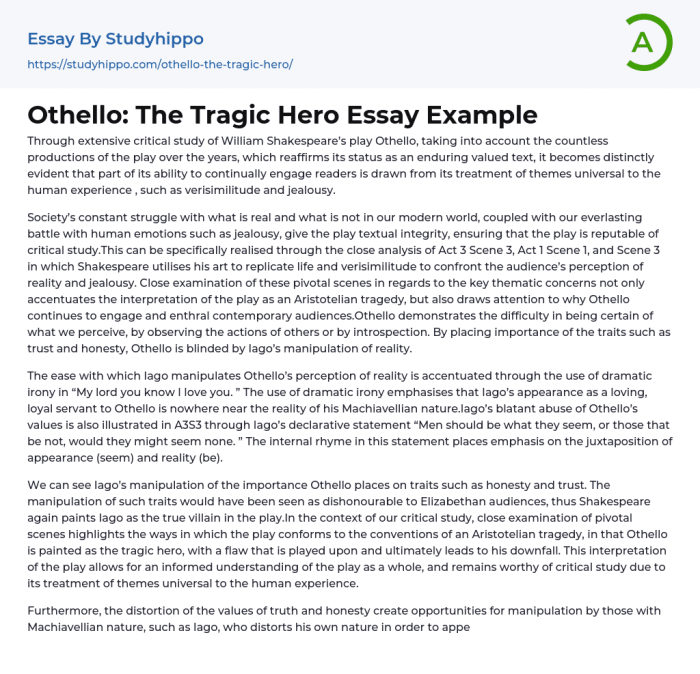
The journey of a tragic hero is a well-defined path marked by specific stages. These stages depict the hero’s rise, fall, and the profound impact their downfall has on the audience.
Stages of the Tragic Hero’s Journey
- Hubris:The hero’s excessive pride or arrogance, often leading to their downfall.
- Hamartia:The hero’s tragic flaw, which may be a character defect, a mistake, or an act of fate.
- Peripeteia:The reversal of fortune, where the hero’s situation dramatically changes for the worse.
- Anagnorisis:The moment of recognition, when the hero realizes their true nature or the consequences of their actions.
- Catharsis:The emotional purification experienced by the audience through the hero’s suffering and downfall.
Significance of the Reversal of Fortune and the Moment of Recognition
The reversal of fortune and the moment of recognition are crucial turning points in the tragic hero’s journey. The reversal of fortune initiates the hero’s downfall, while the moment of recognition provides a profound insight into their character and the consequences of their actions.
Emotional Impact of the Tragic Hero’s Downfall
The tragic hero’s downfall evokes a range of emotions in the audience, including pity, fear, and catharsis. Pity arises from the hero’s suffering and misfortune, while fear stems from the recognition of their own potential for similar flaws. Catharsis is a purifying emotion that allows the audience to release their pent-up emotions and experience a sense of emotional cleansing.
The Purpose of Tragedy
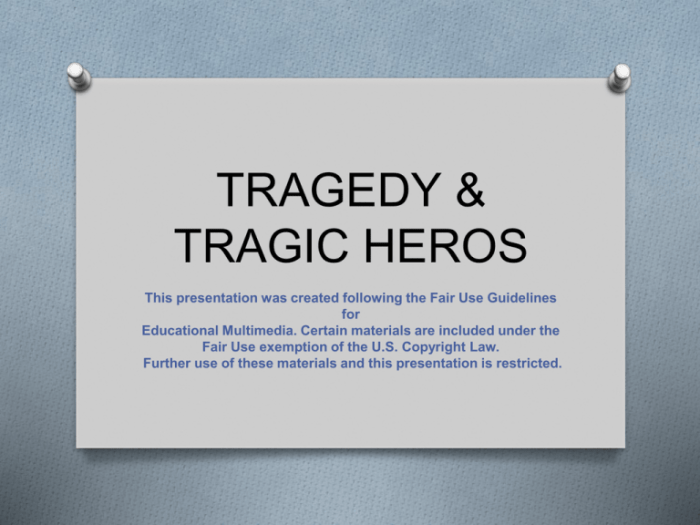
Tragedy, as a literary and theatrical genre, serves a profound purpose in human experience. It offers a cathartic outlet, provides insights into the complexities of human nature, and showcases the enduring relevance of tragic heroes in modern society.
Cathartic Effect
Aristotle, the ancient Greek philosopher, believed that tragedy evokes a sense of pity and fear in the audience, leading to a purification of emotions known as catharsis. By witnessing the downfall of a tragic hero, the audience experiences a release of pent-up emotions and a purging of negative feelings.
Insight into Human Nature
Tragedy delves into the depths of human nature, exploring the flaws, strengths, and vulnerabilities that shape our actions and destinies. Through the trials and tribulations of tragic heroes, we gain a deeper understanding of our own mortality, our capacity for both good and evil, and the complexities of the human condition.
Enduring Relevance of Tragic Heroes, What awaits a tragic hero
Tragic heroes, despite their tragic fates, continue to resonate with audiences in modern society. Their stories remind us of the fragility of human existence, the consequences of hubris, and the enduring power of hope and resilience. In an era marked by uncertainty and challenges, tragic heroes serve as timeless symbols of the human spirit’s capacity for both greatness and suffering.
Modern Interpretations of the Tragic Hero
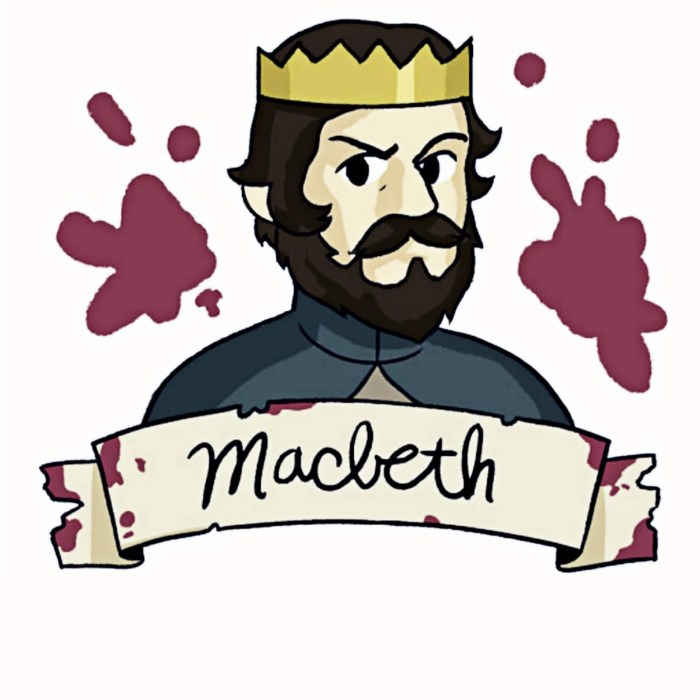
The tragic hero, a literary archetype that has captivated audiences for centuries, continues to evolve in modern interpretations, reflecting the complexities of the human experience in contemporary times. These modern tragic heroes often grapple with internal conflicts, societal pressures, and existential dilemmas that resonate deeply with audiences.
Modern interpretations of the tragic hero often challenge traditional notions of heroism and explore the nuances of human nature. These heroes may be flawed, vulnerable, and even anti-heroic, yet their struggles and sacrifices still evoke empathy and provoke profound insights into the human condition.
Contemporary Examples of Tragic Heroes
- Jay Gatsby (The Great Gatsby): A self-made millionaire who yearns for the unattainable past, Gatsby’s tragic flaw lies in his obsessive pursuit of a dream that ultimately eludes him.
- Walter White (Breaking Bad): A high school chemistry teacher who turns to crime to provide for his family, Walter’s descent into darkness and self-destruction exemplifies the corrosive effects of unchecked ambition.
- Hamlet (Hamlet): Shakespeare’s iconic tragic hero, Hamlet’s indecisiveness and existential angst reflect the complexities of human nature and the challenges of navigating a world of moral ambiguity.
Relevance in Understanding Contemporary Social Issues
Modern interpretations of tragic heroes offer valuable insights into contemporary social issues. They shed light on the struggles of individuals grappling with mental illness, addiction, social inequality, and the search for meaning in a rapidly changing world. By examining the tragic flaws and heroic sacrifices of these characters, we can better understand the challenges and complexities of our own lives.
FAQ Explained: What Awaits A Tragic Hero
What is a tragic hero?
A tragic hero is a literary character who possesses noble qualities but is ultimately doomed to downfall due to a fatal flaw.
What are the key stages of a tragic hero’s journey?
The typical stages include the hero’s rise to power, their reversal of fortune, their moment of recognition, and their downfall.
What is the purpose of tragedy?
Tragedy serves to evoke catharsis in audiences, providing insights into human nature and the human condition.
